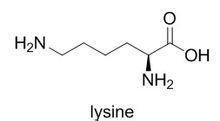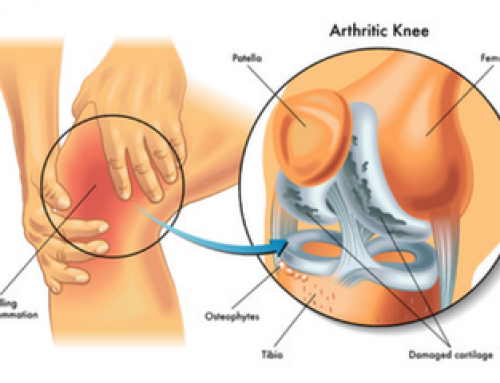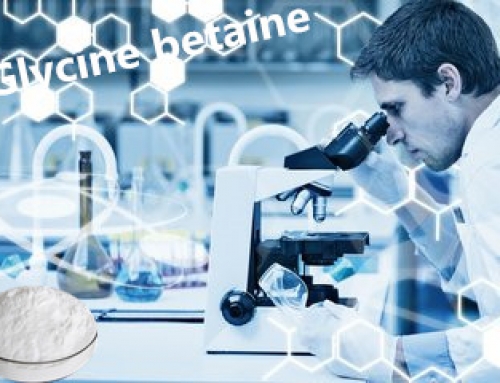What is L-Lysine?
L-Lysine is one of the essential amino acids in the human body, which can promote human development, enhance immune function, and improve the function of central nervous system. L-Lysine is a basic essential amino acid. Since the lysine content in cereal foods is very low and is easily destroyed during processing, it is called a first limiting amino acid.

Symptoms of L-lysine deficiency
Symptoms of lack of L-lysine include fatigue, weakness, nausea, vomiting, dizziness, loss of appetite, developmental delay, anemia, etc.
l-lysine for shingles
The recommended daily intake of lysine is 10 mg per pound of body weight for children and between 3000 and 9000 mg per day for adults. It has proven to be beneficial for certain diseases. The efficacy of lysine is known to include the treatment of herpes simplex virus and herpes zoster caused by herpes zoster. Ingestion of lysine can greatly shorten the time to cure. Studies have shown that it has the effect of improving the immune system against herpes simplex and herpes zoster virus.
L-lysine Nutritional function
Its most important physiological function is the synthesis of the participating proteins, so it is closely related to animal growth. The functions of L-lysine in the body are: the synthesis of participating proteins such as skeletal muscle, enzymes and peptide hormones; it is one of the ketone amino acids, which can participate in the metabolism of ketone bodies and glucose when there is no available carbohydrate. In the case of fasting, it is one of the important sources of energy); maintains the acid-base balance in the body; as a precursor of synthetic carnitine, participates in fat metabolism; in addition,L- lysine can also improve the body’s ability to resist stress.
L-Lysine plays an important physiological role in the body, and its deficiency will directly or indirectly affect the growth, reproduction and development of animals. L-Lysine is an indispensable component of synthetic protein, which plays a very important role in the formation of enzyme proteins, germ cells, skeletal muscle and hemoglobin. It is also one of the components of certain polypeptide hormones; lysine is involved in the body. The energy metabolism process is one of the ketone amino acids. When the body lacks carbohydrates, it can be decomposed into glucose or ketone bodies to provide energy.L- Lysine is also a precursor substance of carnitine in ester metabolism, which plays a role in fat metabolism. An important physiological role.
L-lysine functions
1.Improve intelligence, promote growth, and enhance physical fitness.
2. Increase appetite and improve malnutrition.
3. Improve insomnia and improve memory.
4. Helps produce antibodies, hormones and enzymes, improve immunity and increase hemoglobin.
5. Help calcium absorption and treatment to prevent osteoporosis
6. Reduce the level of blood triglycerides and prevent the development of cardiovascular and cerebrovascular diseases.








Leave A Comment